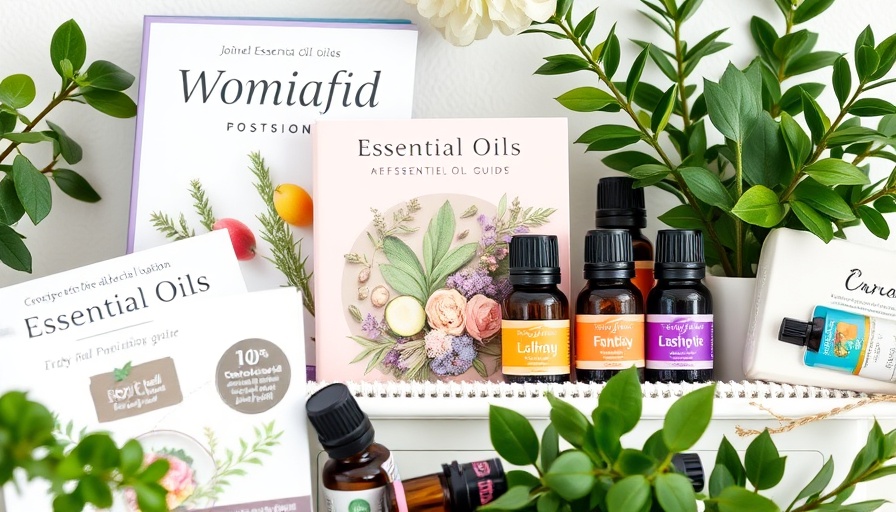
Understanding Creatine: The In-Depth Truth
Have you heard of creatine monohydrate? It's often hailed as a remarkable supplement for boosting muscle mass and enhancing mental performance. While decades of research document promising short-term benefits, there's a lingering question of long-term safety that can't be overlooked. Is creatine truly the ‘magic potion’ many claim it to be? Let’s dive deeper into the concerns surrounding this popular supplement.
The Synthetic Nature of Creatine
Creatine monohydrate is entirely synthetic, produced in laboratories from petrochemical and fossil fuel materials. Unlike substances derived from natural sources or long-studied for safety, creatine has not undergone rigorous evaluations over prolonged periods. The human body adjusts to many natural substances over time, but how will our system respond to synthetically produced compounds continuously?
Short-Term Studies vs. Long-Term Health
While many studies promoting creatine focus on short-term outcomes, they fail to provide insights into long-term effects. The longest clinical trials only lasted a few years and didn't account for daily consumption over a lifetime. With the prevalence of petrochemical exposure in our environment, understanding the implications of creatine as a long-term supplement could have significant health ramifications.
The Missing Regulation in Supplement Industry
FDA regulations on pharmaceuticals protect public health through continuous scrutiny. In contrast, the supplement industry operates with minimal oversight, leaving consumers to trust brands that may not adhere to the same scientific rigor. This lack of monitoring on the creation and usage of supplements like creatine raises important questions: What are the potential side effects that have yet to be documented?
Counterarguments: The Body’s Adaptation and Benefits
Advocates of creatine emphasize its effective role in boosting athletic performance and cognitive function. They argue that the benefits seen in both sport and health contexts promote enhanced overall productivity. However, it's vital to weigh these advantages against the unknown long-term consequences of its synthetic origins. The discussion should not only focus on immediate results but also consider a thorough understanding of health implications.
Exploring Alternatives: Natural Sources of Creatine
For those concerned about synthetic options, it’s worth exploring natural sources of creatine. Red meat and fish are rich in naturally occurring creatine and can provide similar benefits without the uncertainties associated with synthetic supplements. By opting for whole foods, individuals can potentially support their bodies while reducing the risks associated with synthetic ingestion.
Community Insights: Personal Experiences Matter
Online platforms and health communities amplify personal experiences with creatine usage, offering varied testimonials. While some share positive transformations from creatine, others recount adverse reactions. It’s an essential reminder of the personal nature of health - what benefits one person may not suit another. Engaging with these narratives fosters a richer understanding of creatine's multifaceted role in health.
Making Informed Decisions About Creatine
Understanding the balance of benefits and risks associated with creatine is vital for anyone considering it as a part of their health regimen. For those who decide to incorporate creatine, using it wisely and listening to one's body can foster a safer experience. Knowledge is power, and being informed can lead to wiser choices.
With the complex nature of supplements and their varied effects on individuals, taking the time to research and consult with healthcare professionals can help you navigate the nuances of products like creatine. Striving for natural sources and staying aware of the potential long-term impacts can lead to healthier decisions.
As you continue exploring your wellness journey, consider the implications of your choices. Are you ready to empower your health decisions and explore the natural alternatives to common supplements? Join the conversation!
 Add Row
Add Row  Add
Add 




Write A Comment